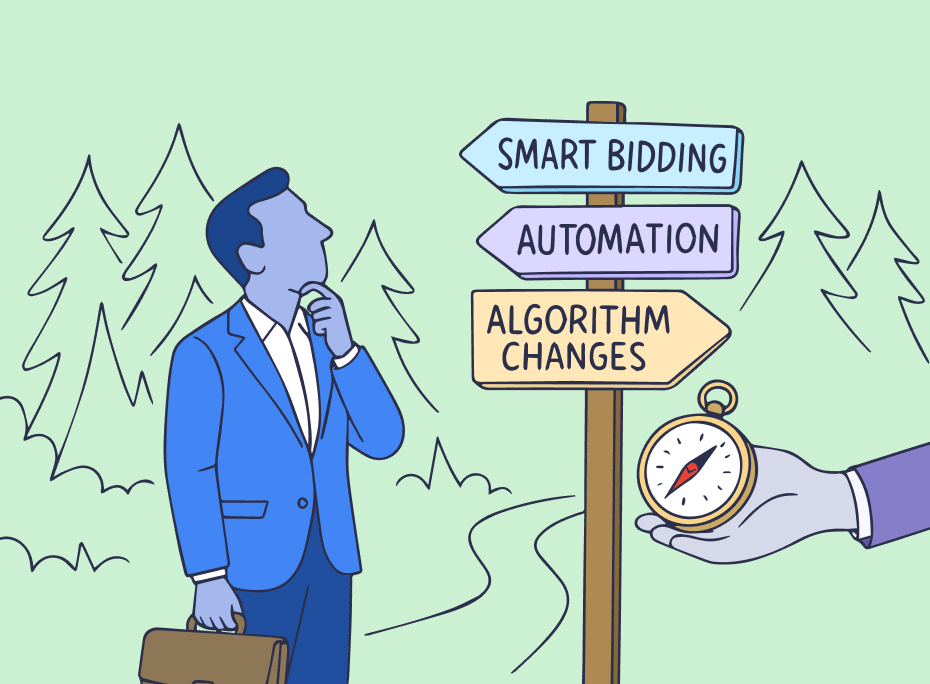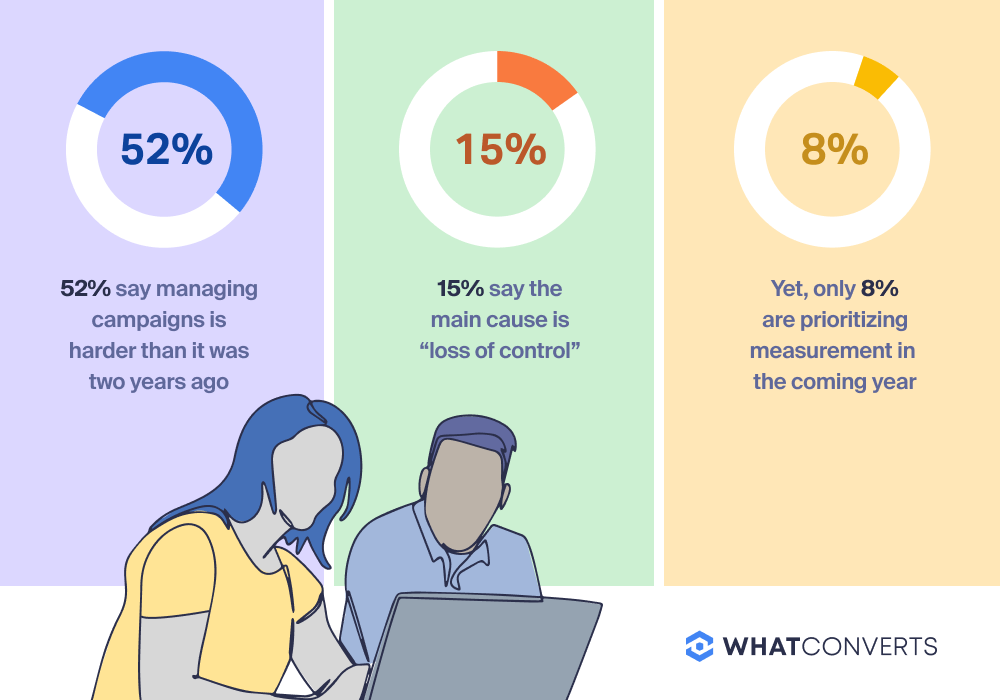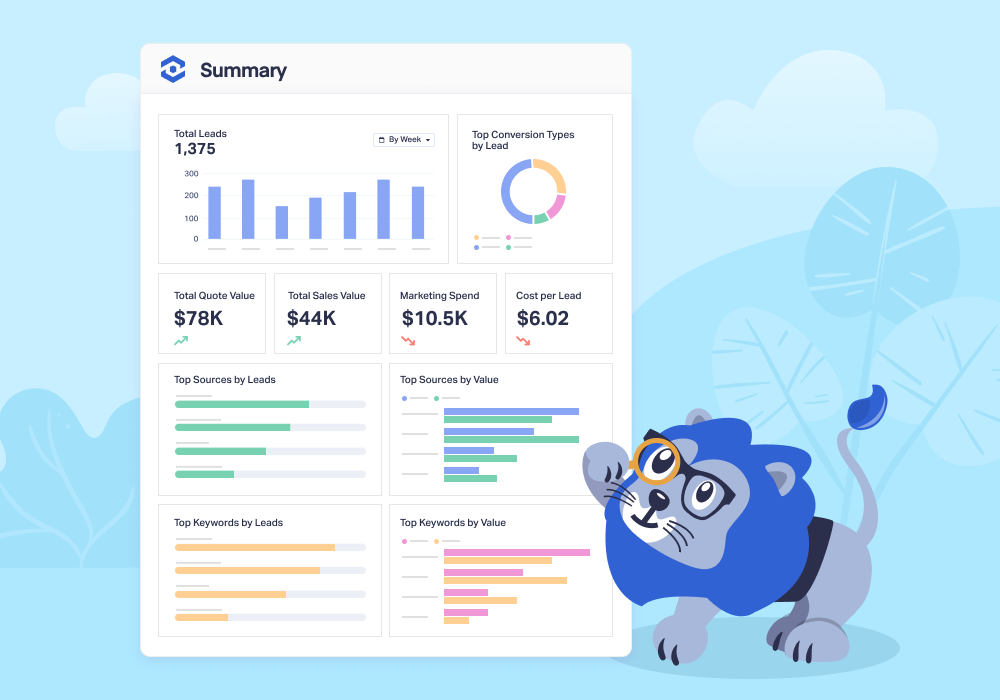
Marketers are fighting the wrong battle.
Over half of PPC professionals say their job has gotten harder. They blame the platforms. They cite "loss of control" as the top reason.
But here's the paradox: when asked about their priorities for 2025, only 8% mentioned measurement.
This disconnect reveals the real problem: it’s impossible to reliably improve campaign performance without good measurement.
And unless you can improve your campaign performance, your job is only going to get more difficult.
The Complaint: Loss of Control
According to the latest State of PPC Global Report surveying 1,151 PPC professionals, 52% say managing campaigns is harder than two years ago. When asked why, 15% cite "loss of control" as the primary culprit—platforms allowing fewer manual tweaks, forced adoption of automation, black-box algorithms.
The frustration is valid. Google and Meta have systematically removed levers that PPC managers once relied on. Match types broadened. Campaign structures simplified. Smart Bidding became mandatory for many advertisers.
But blaming the platforms misses the point entirely.
The Real Problem: Broken Measurement
Without proper tracking, "loss of control" is just a symptom. The actual disease is measurement failure.
Consider this scenario: Campaign A generates 400 calls at $50 per call. Campaign B generates 100 calls at $200 per call. Standard PPC logic says Campaign A wins—it's delivering 4x the volume at a quarter of the cost.
But what if all 400 calls from Campaign A are spam, tire-kickers, and wrong numbers? What if Campaign B's 100 calls convert 20% to customers worth $75,000 each?
Without tracking individual lead outcomes, marketers optimize for volume instead of value. They make decisions blind. They can't prove ROI to stakeholders. They waste budget on campaigns that look good in Google Ads but deliver nothing.
This is the lead funnel gap that plagues PPC. Google can tell you someone called after clicking your ad. It can't tell you whether that caller became a $75,000 client or hung up immediately.
Why Only 8% Prioritize Measurement
The survey reveals a stunning oversight: just 8% of respondents listed measurement as a top priority for 2025. Campaign performance topped the list at 48%, followed by business growth at 20%.
But how can you improve campaign performance without measuring what actually matters? How do you grow a business when you can't connect ad spend to revenue?
The answer is simple: most marketers don't realize measurement is their bottleneck.
- They see poor performance and blame the algorithm.
- They see rising costs and blame competition.
- They see declining control and blame the platforms.
They don't see that without connecting leads to revenue, they're flying blind—and no amount of platform control will fix that.
The Solution: Track Outcomes, Not Just Conversions
Advanced call tracking closes the lead funnel gap. Instead of counting conversions, it tracks what happens to each lead after they convert.
WhatConverts captures 70+ data points for every call, form, and chat. It connects each lead to their original ad, keyword, and campaign. It stores call recordings and transcripts. Most importantly, it tracks whether leads become qualified prospects—and whether those prospects become paying customers.
This transforms PPC optimization from guesswork to precision:
- See which $5 clicks generate $5,000 clients
- Identify campaigns that produce spam versus revenue
- Calculate true cost per qualified lead, not just cost per click
- Prove ROI with actual sales data, not conversion counts
Taking Control Back
Here's the irony: marketers complain about losing control to algorithms, yet the best way to regain control is to give the algorithm better data.
WhatConverts lets you configure conversion triggers that send only qualified leads back to Google Ads. Instead of reporting every form fill, you can filter for leads that:
- Lasted over 60 seconds on a call
- Were marked "qualified" by your team
- Generated a quote or sales value
Feed this data to Smart Bidding, and the algorithm stops optimizing for junk. It learns which keywords drive revenue, not just activity. It automatically targets high-value prospects while ignoring time-wasters.
The platforms haven't taken away control. They've just changed what kind of control matters. Manual bid adjustments mean less. Data quality means everything.
The Bottom Line
52% of PPC professionals say their work is harder. They're right—but not for the reasons they think.
The challenge isn't that platforms removed manual controls. It's that most marketers never built the measurement infrastructure to thrive in an automated world.
Without tracking which leads become customers, you can't prove value. Without proving value, you can't optimize spending. Without optimizing spending, costs rise and performance suffers.
That's not loss of control. That's lack of visibility.
Fix the measurement problem, and the control problem fixes itself. Track lead outcomes. Value quality over quantity. Feed better data to the algorithms.
Or join the 92% who ignore measurement and keep complaining about the platforms.
The choice is yours.
Ready to take control of your PPC campaigns?
Start your free 14-day trial of WhatConverts today or book a demo with a product expert to see how we help prove and grow your ROI.
Get a FREE presentation of WhatConverts
One of our marketing experts will give you a full presentation of how WhatConverts can help you grow your business.
Schedule a Demo
Grow your business with WhatConverts







